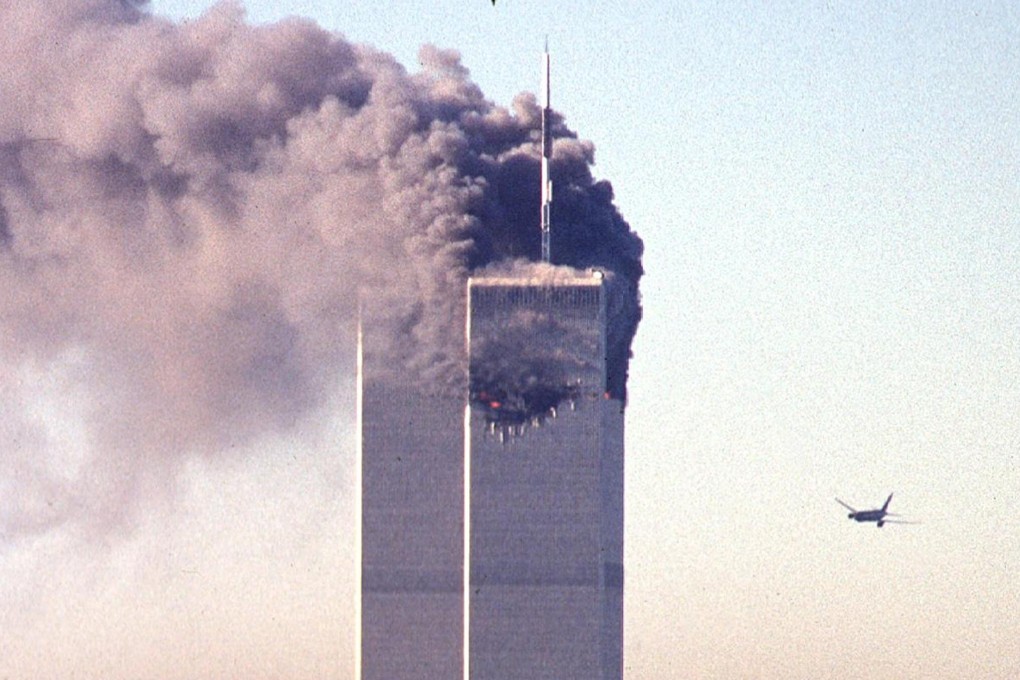Editorial | In a world no safer 20 years on, rivalries must be put aside to meet terror threat
- September 11 unleashed the ‘war on terror’, but after conflicts in Afghanistan, Iraq and Syria, Islamist groups such as Isis thrive and the bombings, knife attacks and other atrocities go on

No matter what our nationality or political persuasion, the terrorism in the United States on September 11, 2001, will remain etched in memory for those who lived through it.
Two hijacked passenger planes turned the twin towers of New York’s iconic 110-storey World Trade Center into smouldering piles of rubble, another jet slammed into the Pentagon in Washington and a fourth aircraft, believed bound for the seat of political power, the Capitol, nosedived into a field in Pennsylvania. More than 3,000 people died that day and the global hunt for the masterminds of the worst crime on American soil began.
On this anniversary 20 years later, the world is much changed, having been redefined by wars in Afghanistan, Iraq and Syria, attacks by Muslim extremists in the West, China and elsewhere in Asia, heightened security in public places and the radicalisation of disaffected people by groups like Islamic State (Isis) that continue to threaten stability.
The subsequent changes to everyday life are everywhere. Surveillance in public places is now commonplace and police and intelligence agencies have wide powers. Air travel has been altered dramatically, with extensive identity, body and luggage checks and limits to what can be taken on board planes. But for all that, extremism is no less a threat to security and stability.
Spate of bombings
US intelligence had failed to prevent the September 11 plot by 19 members of the al-Qaeda Islamist group. Afghanistan was identified as the base from which the attacks had come and within weeks, war had been declared and the hardline Islamic Taliban government blamed for harbouring the extremists ousted.
